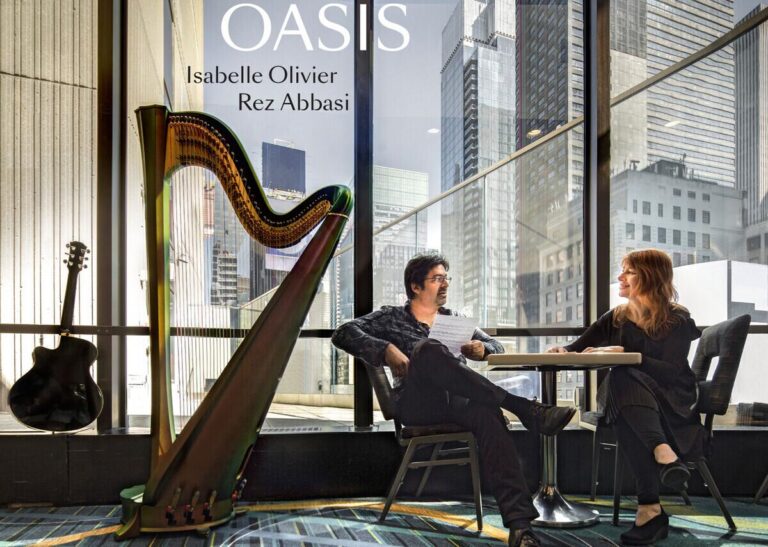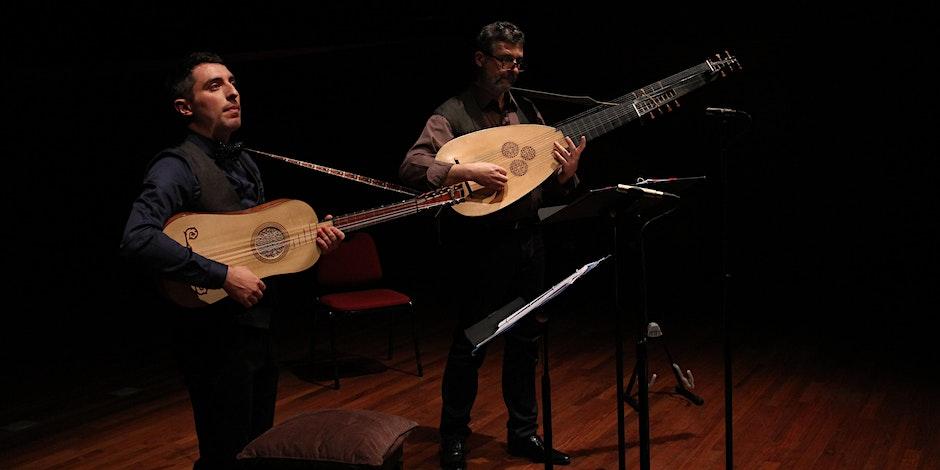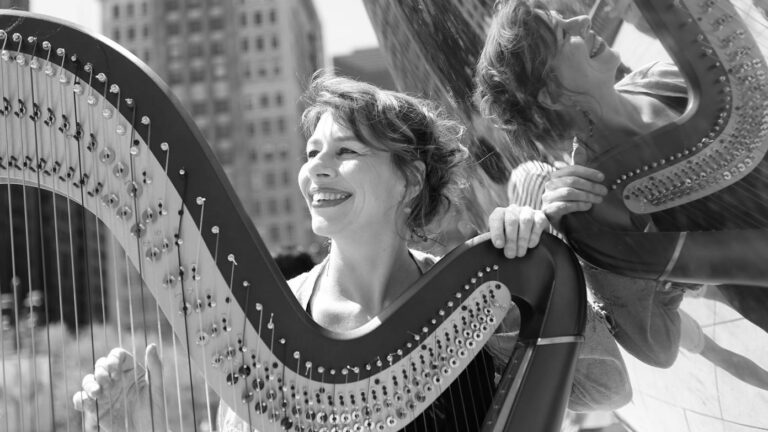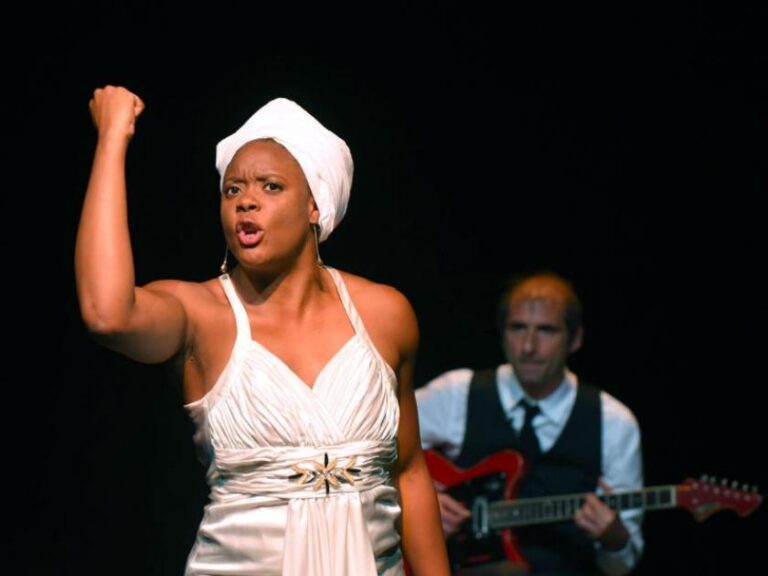
Le Délire des Lyres : Baroque Music at La Maison Française
Concert

Ensemble Faenza
Join us at the Embassy of France for a night of Baroque music with Ensemble Faenza.
To sing “without being forced to accommodate anyone but oneself,” as Giulio Caccini wrote, is a skill that opens vast horizons for both performer and audience. This ability grants them a degree of liberty for which the relationship between signer and accompanist rarely allows, even after dedicated practice and hard work.
Since the earliest days of music, accompanists have mixed the sound of plucked or bowed strings with the inflections of the singer’s voice, accompanied it with notes or chords, and added a rhythmic energy that the voice could not find alone. Whether it be the ancient lyre, the harp of medieval troubadours, the lute of Ronsard’s contemporaries, Hume’s viola da gamba, Caccini’s chitarrone or Lambert’s theorbo, the idea is the same: to create a sonic space where “the voice is free” and words can be clearly spoken and heard, so that poetry may touch the listener.
Marco Horvat and Francisco Mañalich are among the rare modern performers capable of giving life to this essential practice of Baroque music. They took care to craft a program worthy of their talent, in which the repertoire would incorporate the many combinations of voice and instrumentation that they can create.
PROGRAM :
Gabriel BATAILLE, El Baxel esta en la playa
Henry PURCELL, For Love every creature
Tobias HUME, The Soldiars’ song
Thomas CAMPION, When to her lute Corinna sings
Henry PURCELL, Julia
André CAMPRA, Viens, ma lyre
Charles DUFAUT, Sarabande
Charles HUREL, Air à boire
DUBUISSON, Prélude
Anonyme, Les Airs de différents auteurs, Depuis que j’aime Lisette
François CAMPION, Apollon, c’est toi que j’implore
Giulio SAN PIETRO DE’ NEGRI, Bionda, mia bella
Belleforonte CASTALDI, Chi vidde più lieto
Carlo MILANUZZI, Non voglio amare
Anonyme, Canzonette spirituali e morali, Passacaglia della vita


